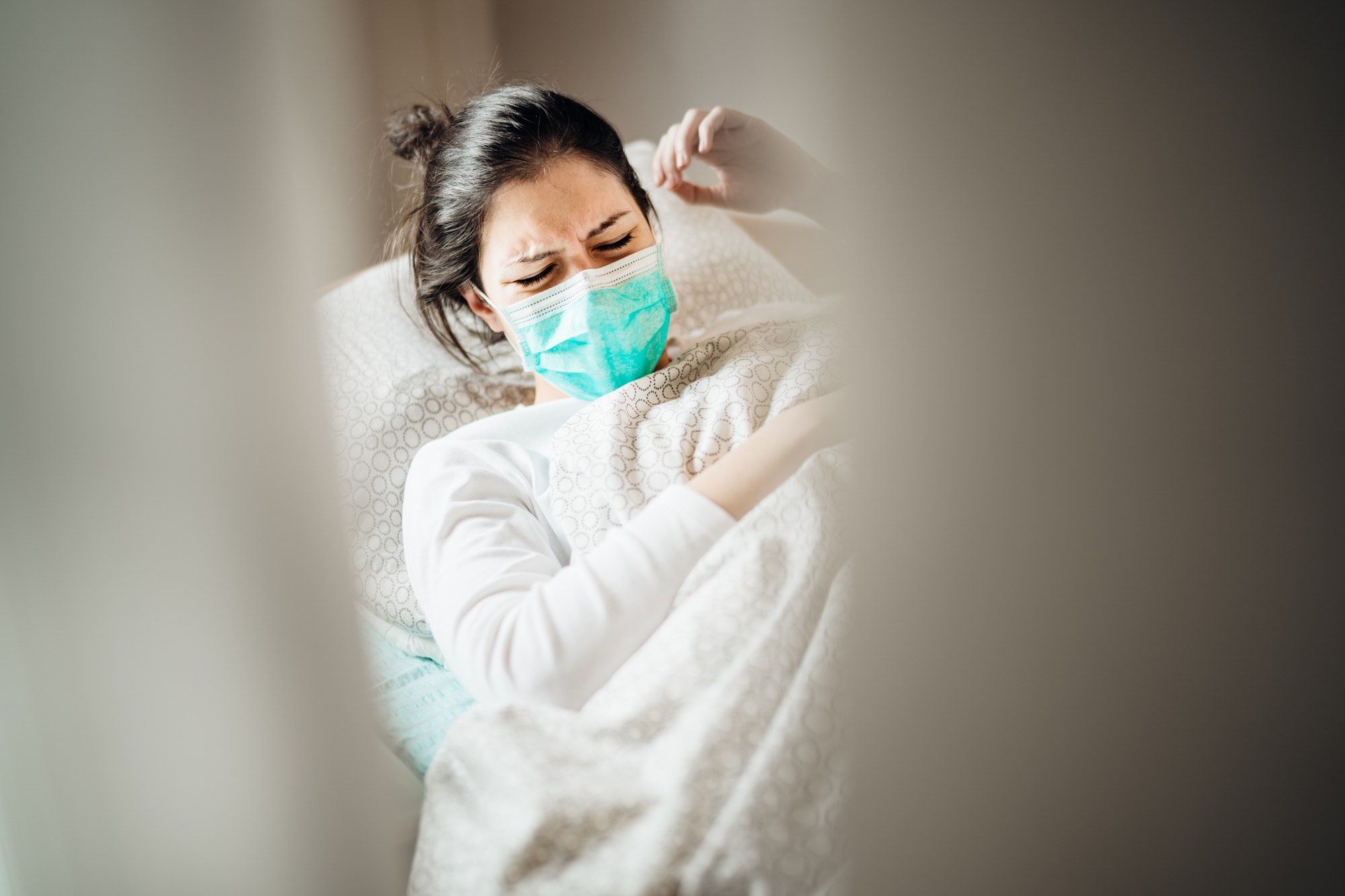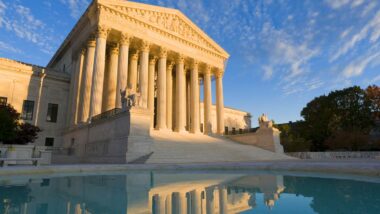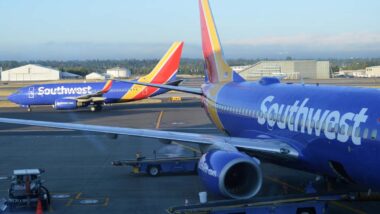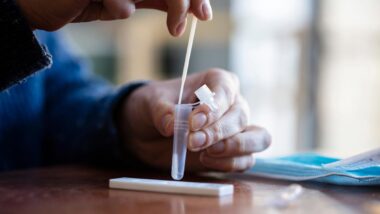Top Class Actions’s website and social media posts use affiliate links. If you make a purchase using such links, we may receive a commission, but it will not result in any additional charges to you. Please review our Affiliate Link Disclosure for more information.
A lawsuit has been filed against Barrier Technologies LLC by an ex-employee who claims the company fired her because she developed coronavirus symptoms.
Tracey Graham says that she worked for Barrier Technologies, which manufactures personal protection equipment (PPE) for medical professionals battling COVID-19. She says that Barrier unlawfully fired her because she did not show up for work because she was self-isolating.
Graham, an embroiderer, claims that she left work early on April 10, 2020 after she started experiencing viral symptoms. She states that she immediately sought medical treatment and was advised by her doctor to self-isolate until her symptoms subsided for at least seven days.
The plaintiff says she was terminated from her job on April 16, 2020 before she could return to work. She states that Barrier told her that she was fired due to economic conditions related to the coronavirus outbreak.
Also, Graham explains that not only did the defendants unlawfully terminate her because she took sick leave, but Barrier also refused to provide paid sick leave even though they had a clear obligation to do so.
Congress enacted the Families First Coronavirus Response Act (FFCRA) which would protect employees who were affected by the coronavirus outbreak, the plaintiff maintains.
In addition, the Emergency Paid Sick Leave Act (EPSLA) of the FFCRA requires employers to provide up to two weeks of paid sick leave and the protection of jobs for those who are quarantined or isolated because of governmental order or advised by a health-care worker to self isolate due to COVID-19 concerns.
Graham states that the defendants “blatantly disregarded their obligations under the FFCRA and EPSLA by unlawfully terminating Ms. Graham after she developed viral symptoms and self-isolated as she was advised to do by her health care provider because of COVID-19 concerns.”
The plaintiff is bringing this action under the FFCRA and EPSLA in order to obtain unpaid sick leave wages and wages lost due to her unlawful termination. In addition, Graham states that she is owed money for compensatory damages for the emotional distress she suffered as a result of losing her job.
Graham says that she grew up using embroidery machines as a hobby and has worked as a full time embroiderer for the past six years. She claims that she moved to Florida and applied for work at Barrier and Embroidery World. She says that she did not receive any response to her application at Barrier, but she did accept a position at Embroidery World.
In her paid sick leave lawsuit, Graham notes that Dr. Glickman called her and told her that he would offer her more money than what she was making at Embroidery World, plus medical, dental, vision, and retirement benefits after being employed for 60 days.
On Feb. 16, 2020, the plaintiff claims that she visited Barrier during her lunch break and met with Dr. Glickman. During the tour of the Barrier office, Graham states that she noticed a problem with one of the embroidery machines and quickly fixed it.
“Dr. Glickman also continued to persuade Ms. Graham to join the Company by telling her that she would have design rights to change embroidery patterns and that her opinions would be respected at Barrier,” the paid sick leave lawsuit goes on to say.
On Feb. 24, 2020, Graham says that she accepted a position at Barrier. She claims that during the COVID-19 outbreak, she remained very busy and continued to work because she had been classified as an essential employee.
Graham avers that she started feeling ill and went to the doctor’s office and was told to self-isolate for at least seven days.
She claims that Dr. Glickman was under the impression that she had contracted COVID-19, and thus perceived her as unable to work because of the virus.

The plaintiff alleges that she was entitled to up to two weeks of paid sick leave pursuant to EPSLA because she was advised by a healthcare professional to self-isolate. She claims that the defendant did not pay her any paid sick leave because she did not report to work.
“Upon information and belief, the violations of law complained of herein were willful; accordingly, Plaintiff also seeks liquidated and/or punitive damages, to the fullest extent available under the law, as well as reasonable attorneys’ fees,” the paid sick leave lawsuit states.
Were you fired because you were told to self-isolate by a healthcare professional? Share your story with us in the comments below.
The plaintiff is represented by Parisis G. Filippatos and Bryan L. Arbeit of Wigdor LLP.
The Paid Sick Leave Class Action Lawsuit is Graham v. Barrier Technologies LLC, et al., Case No. 0:20-cv-61080, in the U.S. District Court for the Southern District of Florida.
Join a Free Coronavirus Class Action Lawsuit Investigation
If you believe your rights were violated in a way that is directly related to the coronavirus pandemic, you may qualify to join this coronavirus class action lawsuit investigation.
Read More Lawsuit & Settlement News:
Coronavirus Class Action Says Small Businesses Suffering Due to COVID-19 Closures
Flight Attendants Seek $60 Million in Virgin America Wage Lawsuit
Bank of America Call Recording Lawsuit Reaches $1.9M Settlement
Carrington Class Action Filed Over Mortgage Online Payment Fee
ATTORNEY ADVERTISING
Top Class Actions is a Proud Member of the American Bar Association
LEGAL INFORMATION IS NOT LEGAL ADVICE
Top Class Actions Legal Statement
©2008 – 2024 Top Class Actions® LLC
Various Trademarks held by their respective owners
This website is not intended for viewing or usage by European Union citizens.















